Teething is a physiological process and is not expected to cause any significant problem in the child.
Milk teeth start erupting anytime during 6-9 months of age, but in some babies they may be delayed up to first birth day. The delayed teething in healthy babies is usually due to familiar or hereditary reasons. When teething is delayed in your child, ask your mummy and mother-in-law when you and your husband cut their first tooth !
Teething is not delayed either due to nutritional factors or developmental retardation. Teething should not be used as a milestone of neuromotor development. When eruption of teeth is delayed beyond the age of one year, you should consult your pediatrician to rule out rickets and any hormonal disorder.
What are the common symptoms due to teething?
Historically any sickness or disorder has been ascribed to teething. According to Indian folklore, teething has been blamed to cause fever, cold, severe diarrhea.
The truth is that teething is a harmless physiological process and is not associated with any serious health consequences.
- Teething may cause irritability, drooling of saliva,fussiness especially at night,puffy gums and mouthing i.e. child putting his fingers or every object in his mouth.
- You can clean your baby teeth with this finger brush,but avoid using any kind of tooth paste in the initial stage. I bought a baby tooth paste when she completes her two year.
- These symptoms are due to irritation of gums when tooth is erupting.
- The child may become irritable, cranky and refuses to take food.😖
- Teething is never a cause of watery diarrhea or fever but during teething, the stool frequency may increase in some babies( from 1-2 stool, it may goes up to 3-4 stool/day) and they may become green in color.
- The child may wake up more often at night due to discomfort. He need to be comforted, cuddled and solaced.
- A large majority of children, however, do not manifest any “teething trouble”. And teeth erupt as a matter of routine. My baby was not one of them. I think she showed all the possible symptoms of teething.
- The eruption of milk teeth continues during the age of six months to 2 ½ years.
Important articles, must have a look
28 Iron Rich Food for babies/toddlers/kids proper devlopment
29 Home remedies to cure Constipation in babies&kids
During this period, the inquisitive and restless toddler is likely to put many dirty things in his mouth i.e. soiled fingers, objects, nibbled food particles , toys etc. which may lead to development of watery diarrhea due to infection. This is the time when mother have to be full attentive about the proper hygiene around the baby.
I washed all the toys of my daughter on monthly basis when she started to take her toys in mouth because of the irritation that occur in her gums due to teething.
Note: Whenever a child is genuinely sick, it should never be attributed to teething and he must be promptly taken to the family physician.
How to manage “teething troubles” ?
Troubles that occur during teething can only be minimized, we can’t eliminate all of them. As a parent we can just make efforts to soothe our baby.
- Nutritious diet with home-made weaning foods with sufficient intake of calcium (milk and milk products), vitamin D (fats, oil, exposure to sunlight) and vitamin A (green vegetables and yellow fruits) will help in easy and good teeth eruption.
- There are many teething syrup and homeopathic medicines are available in market. They are good for our baby but not 100 workable. But it minimize the problem. Some of my friends are using calcarea phos and they all the satisfied with the result.
- I started giving BC21 , a homeopathic medicine sweet in taste and easily taken by babies. It is good in Teething Troubles.
- Please please please consult your Dr. before starting any medicines.
- Children keep crying, obstinate and naughty during the time of teething.
- These tablets make the cutting of teeth easy and quick by supplying important salts to the baby.
- The appetite is improved and digestion favored.
- The tablets build the babies and abolish gripping.
- Must consult your pediatrician before starting any medicines.
- My mother advised me to apply honey on my daughter’s gum when I feel swelling in her gums due to the eruption of teeth.. She said it will help in teething.
- Teething infants often feel better when gentle pressure is placed on their gums. For this reason, many doctors recommend gently rubbing the gums with a clean finger or having the child bite down on a clean washcloth.
- Due to irritation of gums, the baby like to chew on a rubber ring or plastic toys. This giraffe teether is really good.
-
- A teething toy that’s been chilled in the refrigerator also works, but frozen toys may be too harsh on an infant’s sensitive gums.
- Avoid giving toys having loose, small parts which can cause dislodge and cause aspiration. The toys should not be made of brittle plastic material which a children can chew into small bits and may get chocked.
- If you’re super-concerned about plastics or your baby’s reactions to rubber, then wood and fabric teething toys are the ones for you. This wooden teether is good and save for your baby.
- Avoid any plastic teethers that contain BPA, PVC or phthalates.
- A big piece of biscuit, rusk, toast , carrot(washed and peeled, apple slice(peeled)) can be given to the child to chew.
- There is no need to take the child to the doctor just to know whether he is teething or not, you can as well see the pearly white tooth jutting out or feel it with your clean fingers.
- It is a great joy to see the innocent smile of an infant with two beautiful sparkling white teeth which calls for a celebration by cracking a fresh coconut.
| Milk teeth | ||
| Lower jaw | Upper jaw | |
| Central incisors | 5-7 months | 6-8 months |
| Lateral incisors | 7-10 months | 8-11 months |
| Canines | 16-20 months | 16-20 months |
| First molars | 10-16 months | 10-16 months |
| Second molars | 20-30 months | 20-30 months |
- This gallery is for informational purposes only—always call your pediatrician for any medical questions.
Hope you get some idea about Teething in babies. To get regular updates please subscribe to my blog and my face book page.
Give your feedback regarding this post. Also tell me in comments what you’ve used during your baby’s teething.
Don’t forget to share and spread the word :-)
Ref : Baby and Child Care by Dr. Meharban Singh
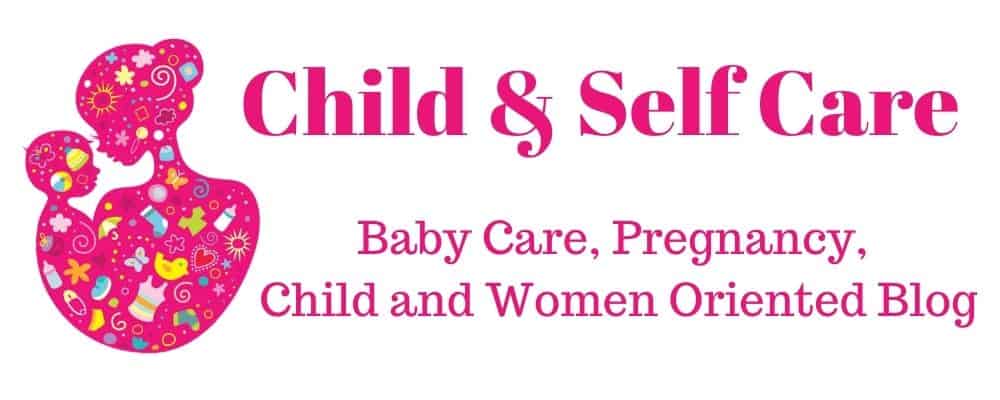

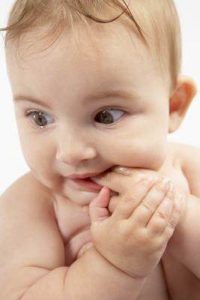
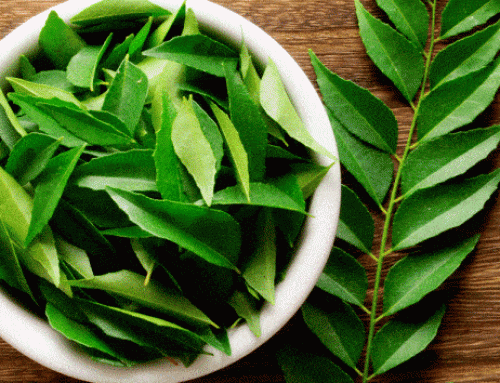

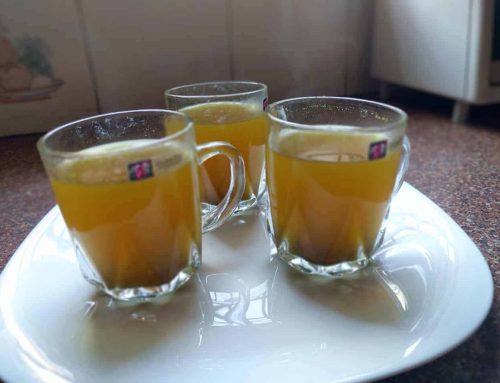
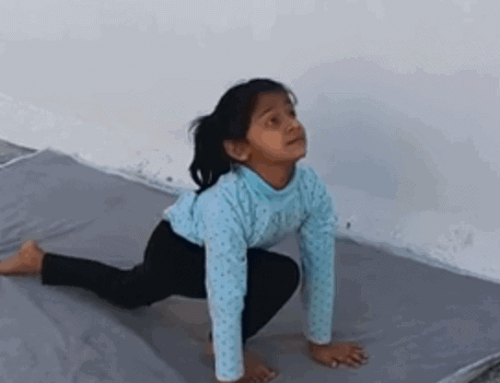
What a sweet picture! We are eecpxting our first boy in April. (We have a 2-year-old daughter.) I can’t wait to see how fun it is to be a mama to a boy! I’d love to link up with you!
hey janeth how are u..howz your baby